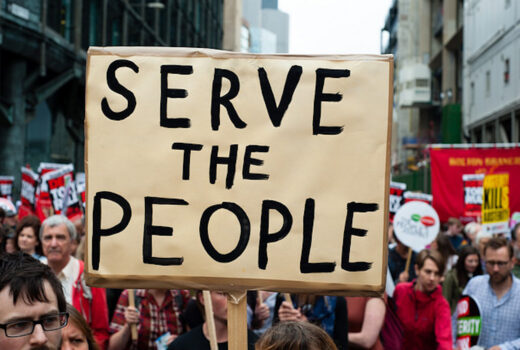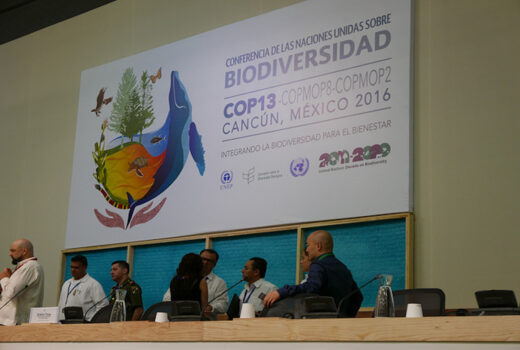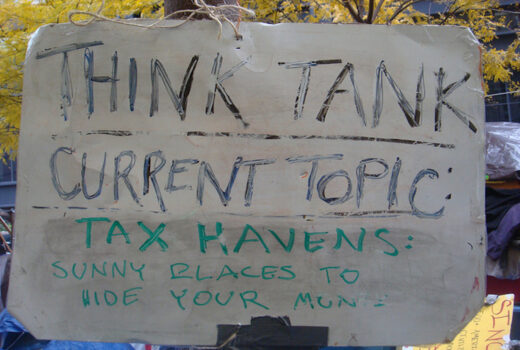Publications by: Guest content
The scourge of inequality: There can be no peace or freedom while it persists
Article / 18th January 2017What we are witnessing in South Africa and around the world is an inequality emergency, and the solutions require all of us to listen to the most marginalised and co-operate with all. Once again we need to follow the inspiration of our young people, and work towards building a mass social movement that fights for economic transformation, writes Jay Naidoo.
Open letter to President-elect Trump: negotiate nuclear zero
Blog / 18th January 2017As president of the United States, you will have the grave responsibility of assuring that nuclear weapons are not overtly threatened or used during your term of office. The most certain way to fulfill this responsibility is to negotiate with the other possessors of nuclear weapons for their total elimination.
Just 8 men own same wealth as half the world
Report / 16th January 2017Eight men own the same wealth as the 3.6 billion people who make up the poorest half of humanity, according to a new report published by Oxfam today to mark the annual meeting of political and business leaders in Davos.
A shared society has to offer hope, opportunity and social justice not fear, inequality and austerity
Blog / 13th January 2017A genuinely “Shared Society” requires the redistribution of power, wealth and income. But there is no value in sharing austerity, inequality and hardship, writes John Tizard.
Sharing the world’s wealth through a basic income guarantee
Article / 4th January 2017World Basic Income (WBI) is a campaign organisation with a proposal to achieve greater social justice through the provision of unconditional cash transfers. World basic income differs from national-level basic income initiatives in that it would gather money at the global level, and distribute it to every person worldwide.
Annual Report for 2017: Share The World’s Resources
Report / 2nd January 2017STWR consolidated its activities throughout 2016, with a renewed focus on our core messages and priorities as an organisation. Following the publication and marketing of our flagship publication, ‘Heralding Article 25’, we continued to promote its case for unprecedented global demonstrations towards ending hunger and life-threatening poverty.
COP fails to rise to the challenge of protecting biodiversity
Blog / 20th December 2016The latest talks of the Convention on Biological Diversity in Cancun, Mexico, failed to address the systemic factors that threaten biodiversity, or the real solutions - such as community forest governance, agroecology and the strengthening of collective rights. A report on CBD COP13 from Friends of the Earth International.
New report on unrecorded capital flight finds developing countries are net-creditors to the rest of the world
Report / 20th December 2016Global Financial Integrity (GFI), the Centre for Applied Research at the Norwegian School of Economics and a team of global experts have released a study showing that since 1980 developing countries lost US$16.3 trillion dollars through broad leakages in the balance of payments, trade misinvoicing, and recorded financial transfers.
Are we stuck with inequality?
Article / 20th December 2016Can we get back to the equalizing, 'share-the-wealth' policies of the post-war era? Of course we can — the obstacles are political, not economic, writes Robert Kuttner.
Towards a common platform to fight inequality
Article / 14th December 2016The Fight Inequality Alliance aims to bring together activists and organisations to tackle inequality globally and within all countries. The Alliance stands together to build a world of greater equality – where all people’s rights are respected and fulfilled, a world of shared prosperity, opportunity and dignity, living within the planet’s boundaries. Read the current draft of the shared vision below.






